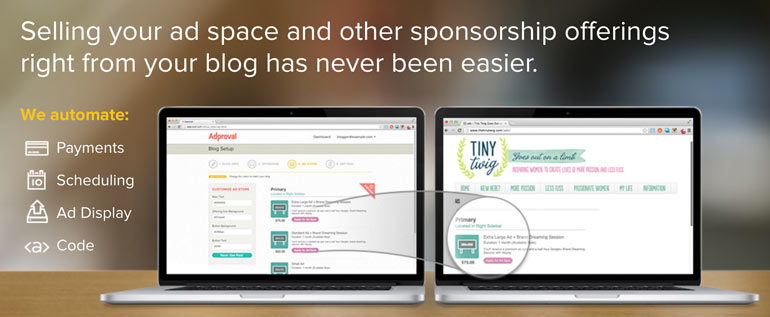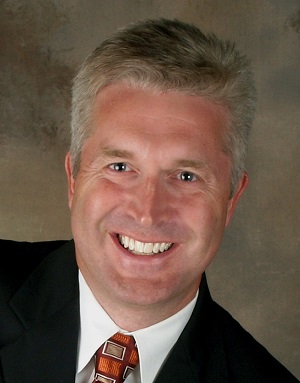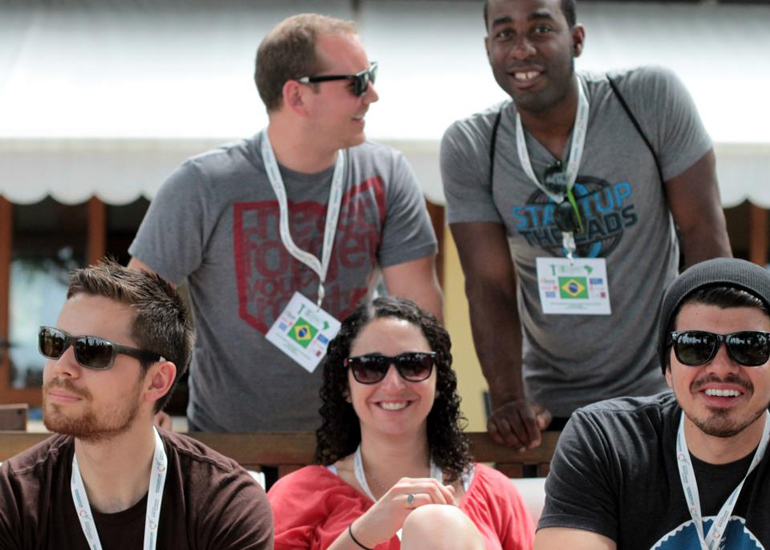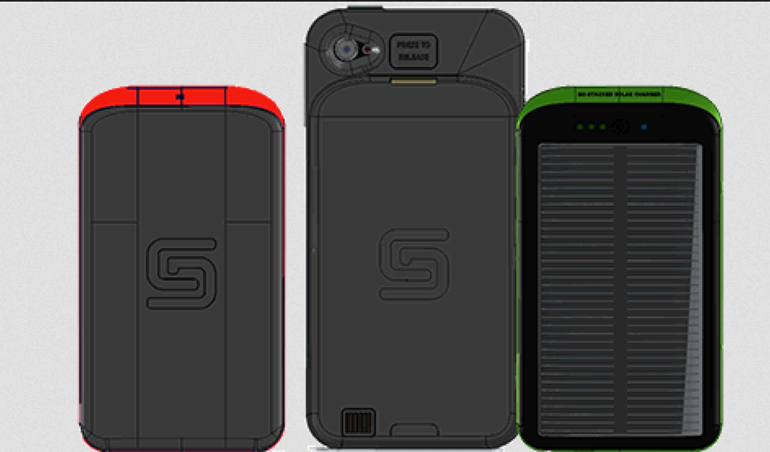 Memphis’ tech startup accelerator program, now in it’s third year, Seed Hatchery, has unveiled the six startup teams participating in it’s 2013 cohort. The cohort will begin next week on February 8th and end with a Demo Day during the legendary Memphis in May Barbecue Festival. The applications were plentiful and this years class features five local startups as well as one startup from Indiana. Also new for Seed Hatchery, and a growing trend across America, three of the startups are led by women.
Memphis’ tech startup accelerator program, now in it’s third year, Seed Hatchery, has unveiled the six startup teams participating in it’s 2013 cohort. The cohort will begin next week on February 8th and end with a Demo Day during the legendary Memphis in May Barbecue Festival. The applications were plentiful and this years class features five local startups as well as one startup from Indiana. Also new for Seed Hatchery, and a growing trend across America, three of the startups are led by women.
Seed Hatchery teams will receive seed funding as well as an intense mentor driven program designed to cultivate their idea stage businesses and turn them into viable companies/products.
This year’s Seed Hatchery program will be full time. It also features teams that have been heavily vested in the Memphis startup ecosystem driven by the efforts of Launch Your City/Launch Memphis. Most of the teams, prior to even applying to Seed Hatchery, elected to participate in the Startup Village as part of the upcoming evverywhereelse.co, The Startup Conference.
Here are the teams:
Mentor.me
Mentor.me is led by Brittanny Fitzpatrick. Fitzpatrick pitched her startup at the Upstart Memphis 48 Hour Launch in December. Fitzpatrick has been working for the Ronald McDonald House in conjunction with St. Jude’s Children’s Research Hospital, which led her to developing this idea.
Mentor.me is essentially a match.com system for matching mentors with mentees. Every year mentor organizations are faced with a problem stemming from mismatched mentors and mentees. This problem actually takes up more time and resources than originally matching mentors. Mentor.me will be an algorithm based platform that matches mentors with mentees in a more efficient way.
IncreaseIF
IncreaseIF plans to match provides cost-analysis software to help scientific researchers figure out which in-house resources should be used. Several factors go into the decision making process for evaluating using an outsourced firm by scientific researchers. These factors include cost, quality, delivery responsiveness, technology and cycle turn around time.
IncreaseIF, where the IF stands for, impact factor, will help automate these decision making processes and speed up the time of scientific research. The startup is led by software engineer Scott Finney, a Memphis local who’s been dabbling in the startup scene and anxious to push forward with this new idea.
Kangaroo
Kangaroo is another local startup co-founded by CEO Nick Redmond and Rachel Hurley, one of the three startups featuring a female founder. Hurley is very active in the Memphis local music scene where the passion for this startup came about. She’s constantly promoting singer songwriters and local bands through venues in town. Redmond is one of the songwriters and founders of Star & Micey a local band which was named the number one band to see live in Tennessee by Paste Magazine.
The idea is to create a social network around bands and music. Sure that idea has been done a hundred times but Hurley and Redmond are putting a brand new spin on it by incorporating geocaching. With Kangaroo they plan to create a platform where touring bands and bands in town can leave behind hidden treasures. Fans can also turn around and leave tokens of appreciation for their favorite bands
“We want to abolish the limited creativity and loss of the personal touch with social media today. Connecting with fans is the only problem musicians have, and this is a huge opportunity to connect people and musicians in a active, real-time environment. From seeking out left behind items by musicians, to taking their personalized walking tours, to following them across a coast, this app and site allows the fans the most hands on experience in social media.” Hurley said.
ScrewPulp Publishing
ScrewPulp is an exciting startup for Memphis. It was originally pitched at the 48 Hour Launch event in June of 2012, the same 48 Hour launch that attracted nibletz.com to Memphis in the first place.
At the event, founder Richard Billings described the problems with self publishing. Self publishers live off reviews, ratings and recommendations which are impossible to drive in any organized way. Screw Pulp allows authors to give their book away to the first 100 readers, in exchange for a review (good or bad), rating or recommendation. Once the engagement is made the “promo copy” of the book is the readers to keep.
After the first 100 books Screw Pulp goes with a sliding payment scale increasing the cost of the book while it gains popularity. Billings has become a fixture in the local startup scene. Since pitching ScrewPulp in that 48 Hour launch he has been to subsequent launch events where he’s provided feedback and mentorship. They also won the “Risk City” challenge in November as part of Global Entrepreneurship Week in November. That contest involved the startups pitching their idea to Federal Court Judge John Fowlkes in open court.
SodBuster
Sodbuster is the startup that is relocating from Indiana. This startup has a different spin when it comes to founders. The husband and wife team of Tom and Pam Cooper both graduated from college in the early 80’s. They both have had long and prosperous careers in their field. Now they’re going all in on their social entrepreneurship startup.
The team has the benefit of Tom’s 30+ years of experience in programming running the gamut of programming languages from COBOL to C++ and newer languages like HTML 5 and Ruby on Rails.
Sodbuster is reinventing the way local nonprofits connect to their communities to communicate and raise money. They plan on doing this with a new e-newsletter format.
Musistic
Musistic was founded by Justin Olita, Vince Rogers and CTO Brian Wentzloff. This Memphis based startup wants to become the universal place for musicians to connect in a social network type setting. Once the musicians are matched up through an algorithm the platform will offer the tools necessary to collaborate with each other across the internet and even save the recordings.
Basically imagine a guitar player in Memphis, a bass player in New Hampshire, a drummer in Los Angeles and a singer in Texas. All four musicians can meet up through Musistic where their interests, styles and experience will be matched. They can then jump right into performing together from the comfort of their own homes.
“The problem is that there is no universal network for musicians to create, edit and share in real time and all startups for musicians are focusing only on selling and promoting the artist’s work.
Musistic will focus on the creation process” Rogers said.
For more info on Seed Hatchery visit seedhatchery.com here
Seed Hatchery startups will be featured at everywhereelse.co The Startup Conference, do you have your tickets yet? Get them here!
Disclosure: In the interest of journalistic integrity I am compelled to disclose that while I hold no equity interest in any of the startups in the Seed Hatchery program I am a mentor for the program and also on the selection committee.





















